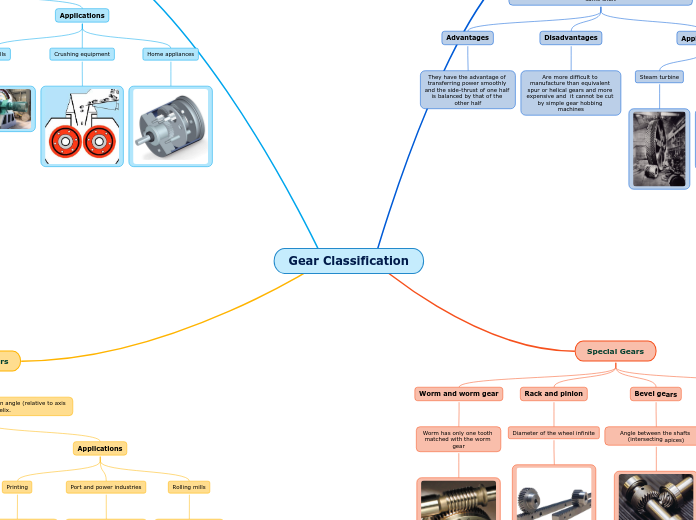Gear Classification
Herringbone gears:
Joining of two identical helical gears with opposite hand on the same shaft
Advantages
They have the advantage of transferring power smoothly and the side-thrust of one half is balanced by that of the other half
Disadvantages
Are more difficult to manufacture than equivalent spur or helical gears and more expensive and it cannot be cut by simple gear hobbing machines
Applications
Steam turbine
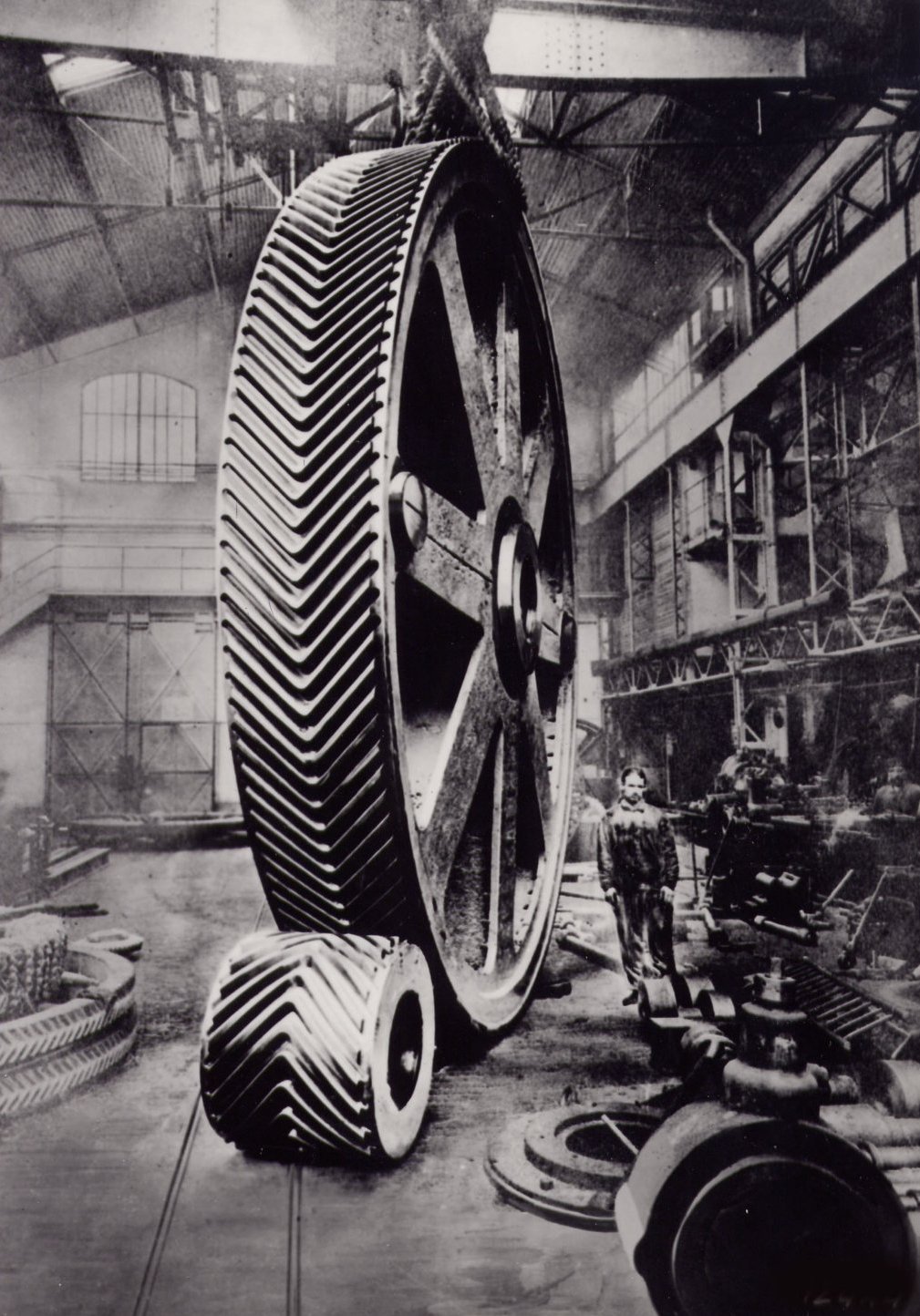
Power Transmissions
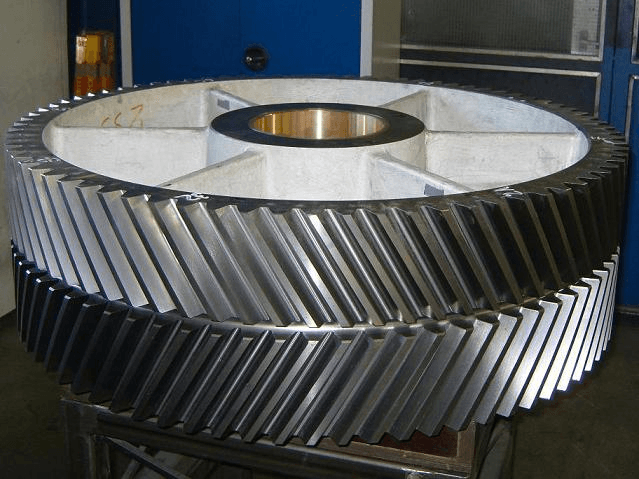
Special Gears
Worm and worm gear
Worm has only one tooth matched with the worm gear

Rack and pinion
Diameter of the wheel infinite
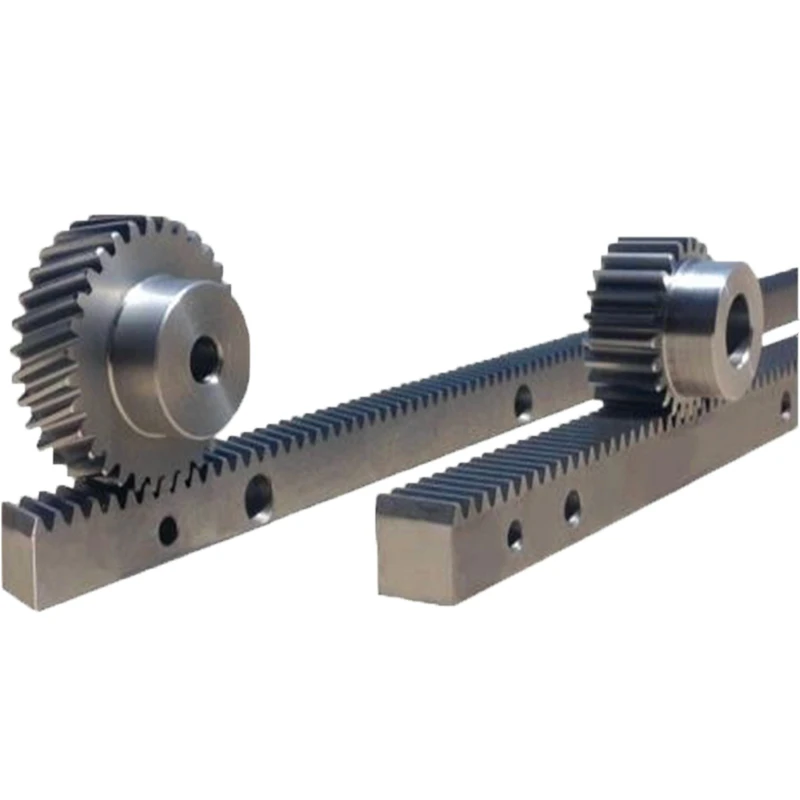
Bevel gears
Angle between the shafts (intersecting apices)
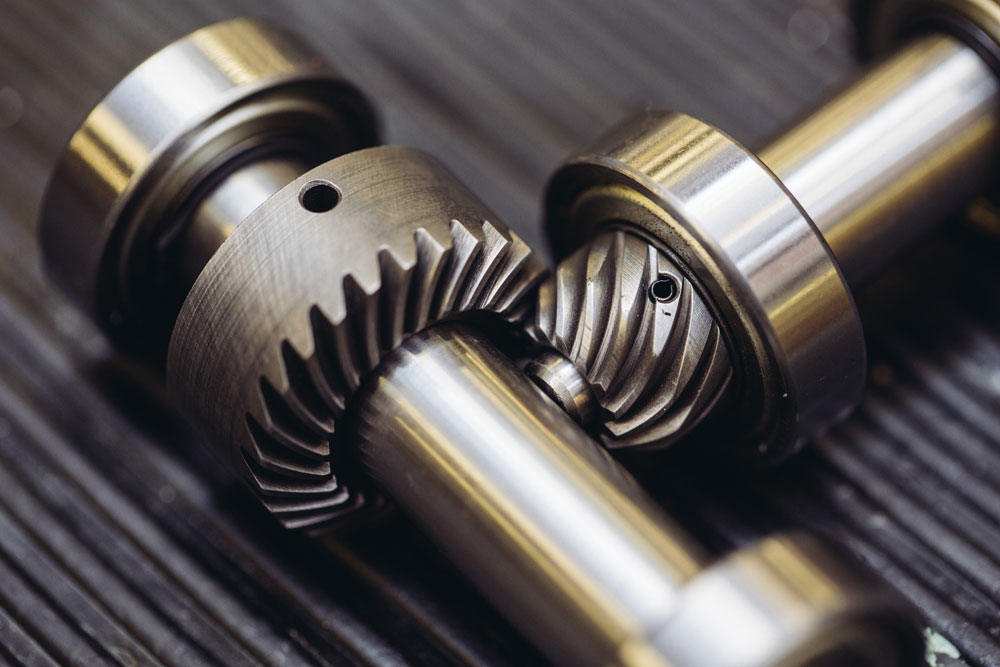
Hypoid gears
A hypoid is a type of spiral bevel gear whose axis does not intersect with the axis of the meshing gear
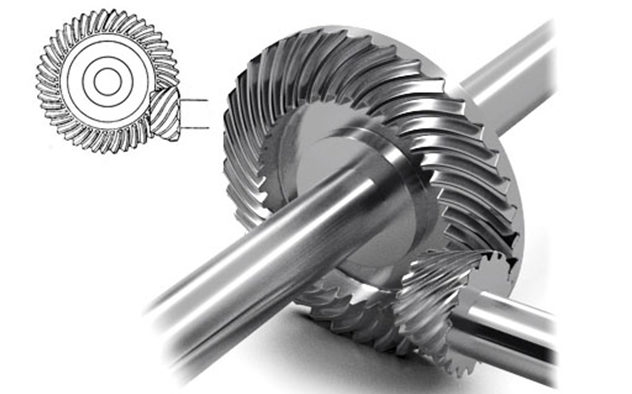
Spur gears
Are a type of cylindrical gear, with shafts that are parallel and coplanar, and teeth that are straight and oriented parallel to the shafts
Advantages
They are easy to manufacture and suitable for a wide range of applications and generally have high transmission efficiency
Disadvantages
The method of tooth meshing causes high stress on the gear teeth and high noise production, so they're typically used for lower speed applications
Applications
Ball mills
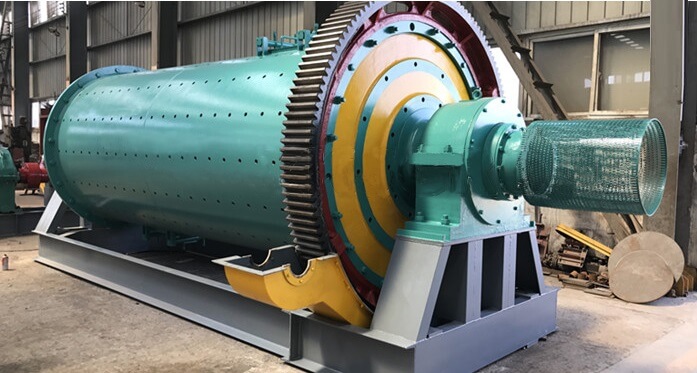
Crushing equipment
Home appliances
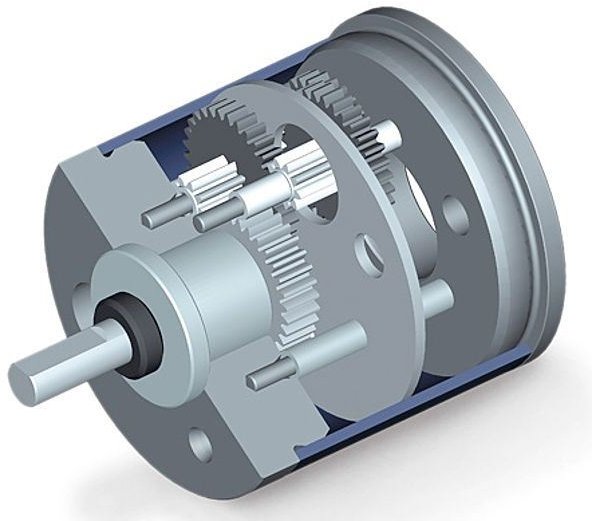
Helical gears
The teeth of a helical gear are set at an angle (relative to axis of the gear) and take the shape of a helix.
Advantages
They have less noise, especially at medium to high-speeds, less load on each individual tooth, a smoother transition of forces from one tooth to the next, so that vibrations, shock loads, and wear are reduced.
Disadvantages
The teeth causes sliding contact, which produces axial forces and heat, decreasing efficiency. And are more expensive.
Applications
Printing

Port and power industries

Rolling mills

